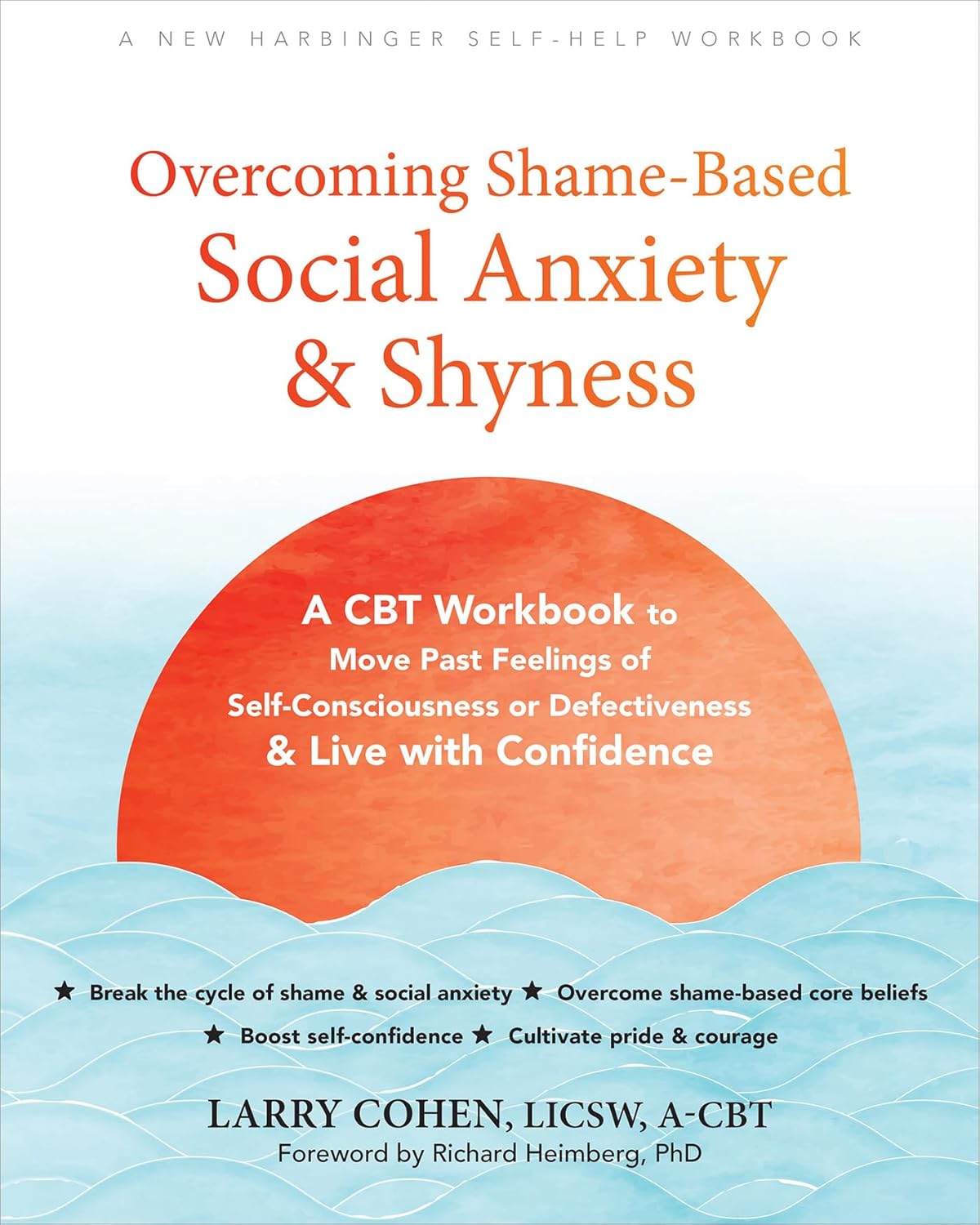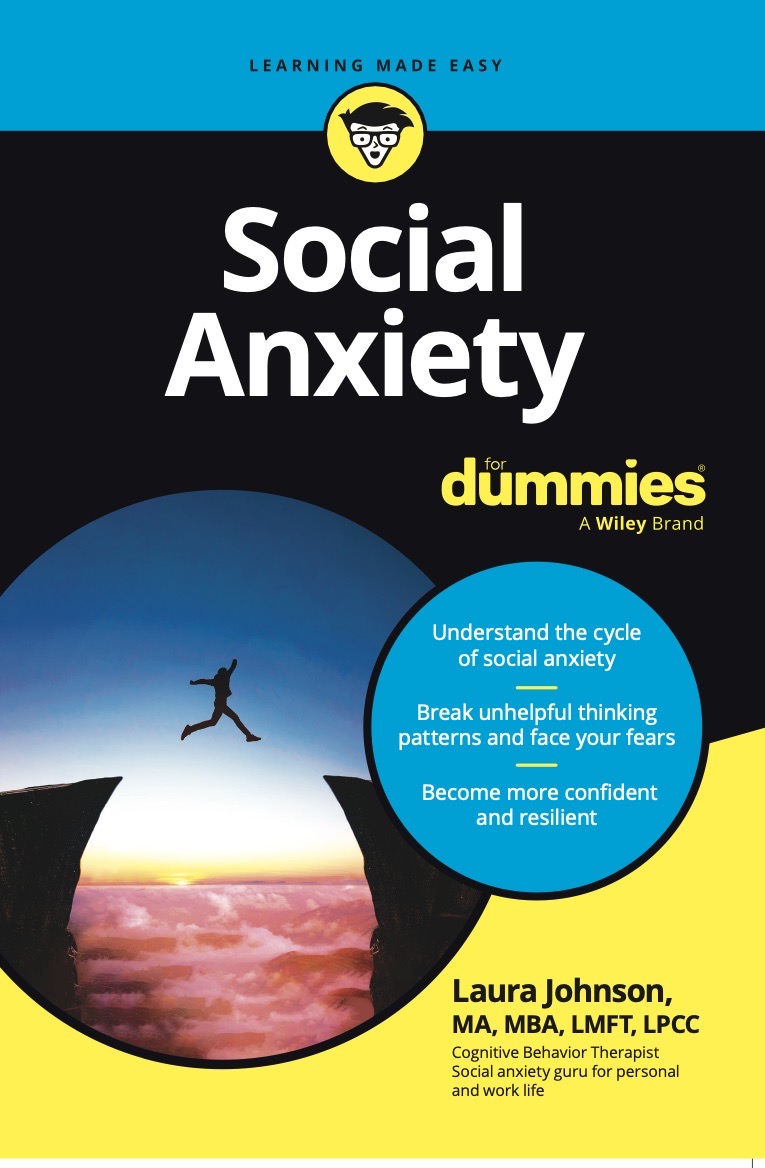“I always get to class just before it starts and slide noiselessly into a chair in the back because no one’s going to talk to me anyway and, if I’m there early, everyone’s going to stare at me!”
“What if the professor calls on me to answer a question? I won’t know what to say and I’ll turn bright red, it would be the worst!”
“I never eat in the dining hall because what if I couldn’t find anyone to sit with?”
“I need to make every social interaction count or I won’t have any friends.”
“If I’m not super bubbly and high energy throughout every social interaction, then people are going to be uncomfortable with me and won’t like me.”
Sound familiar?
Social anxiety can be a major hurdle when it comes to navigating social situations in college. The fear of being judged or embarrassed can cause overwhelming stress and hinder your ability to connect with others. However, with the right mindset and strategies, you can overcome social anxiety and thrive in social settings on and off campus. In this article, we will explore three effective cognitive-behavioral therapy (CBT) strategies to conquer social anxiety and build meaningful connections during your time at college.
Be Specific about Your Fears and Expectations

An important practice in overcoming social anxiety is to be specific about your fears and expectations. Often, our anxious brains tend to blow things out of proportion, leading us to believe that the worst-case scenario is inevitable. However, by checking the facts and gathering accurate information, we can challenge these irrational beliefs and gain a more realistic perspective.
Take the time to reflect on the specific situations or triggers that make you anxious. Write them down and analyze each fear objectively. Ask yourself how likely it is that these fears will actually happen. Often, you’ll realize that your anxious brain tends to exaggerate the likelihood of negative outcomes.
Once you’ve identified your fears, challenge them by gathering evidence to support or refute them. Look for examples from your past where things didn’t go as catastrophically as you imagined. This exercise will help you gain a more accurate perspective on your abilities and the actual likelihood of negative outcomes.
If you’ve been socially anxious for a long time, it’s possible that you lack confidence in your social skills due to avoidance. To overcome this, start testing yourself in small ways. Engage in some simple social interactions and gather facts about your abilities. Take note of your strengths and weaknesses, and use this information to better estimate your capabilities.
Similarly, it’s essential to clarify your expectations of social interactions. Instead of aiming for a “perfect” interaction, be concrete and specific about what you want to achieve. Set doable goals, such as starting a conversation with one person or asking a question to initiate dialogue. By focusing on specific actions, you can measure your success and alleviate the pressure of unrealistic expectations.
Remember that social interactions don’t have to be perfect. They are a learning experience, and it’s okay to make mistakes or feel a bit uncomfortable. By setting realistic expectations, you can alleviate the pressure to perform flawlessly and allow yourself to learn and grow from each social interaction.
Focus on What You DO Want, Not What You DON’T Want

A key aspect of overcoming social anxiety is shifting your focus from what you don’t want to what you do want. Instead of dwelling on negative thoughts and potential pitfalls, direct your attention towards positive outcomes and desired experiences. By visualizing and rehearsing success in your mind, you can enhance your confidence and increase the likelihood of positive social interactions.
When setting goals for social situations, be as specific and concrete as possible. For instance, if you want to connect with other students on your first day of biology class, set a goal to say hello to two classmates before the class starts. Another goal could be to initiate a conversation by asking a question of one other student, such as asking to borrow something or asking about why they are taking the class (and have your own response to this question ready, in case they show interest). By breaking down your goals into actionable steps, you can track your progress and celebrate small victories along the way.
Additionally, focusing on what you want helps redirect your thoughts towards constructive actions. Rather than repetitively reminding yourself of what you don’t want to do, rehearse in detail what you will do to be successful. This mental rehearsal replaces the replaying of worst-case scenarios and trains your mind to follow the desired course of action. The more you practice positive thoughts and actions, the more likely they are to manifest in real-life social situations.
Avoid Avoidance with Doable Challenges

One of the biggest fuels for anxiety is avoidance. The more we avoid social situations, the more our anxiety grows, making it even harder to overcome. To break this cycle, it’s important to challenge yourself and engage in the social activities you want to be involved in.
Create a list of social interactions you want to master, starting from the easiest to the most challenging. By gradually exposing yourself to increasingly difficult situations, you can build confidence and develop your social skills. Begin with simple tasks like intentionally making eye contact with the professor during class or by saying hello to a classmate and then progress to more demanding activities like joining a club where you don’t know anyone or sitting with a stranger in the cafeteria.
It’s crucial to acknowledge and address the barriers that may prevent you from achieving your social goals. For example, if you feel unsure about how to start conversations or how to end them, look for resources to help you. Reach out to socially adept friends or family members for guidance or consider reading books or taking courses on social skill development; practice initiating and ending conversations with trusted friends or try starting a chat with strangers in the checkout line at the store.
Remember, overcoming social anxiety takes time and effort. Be patient with yourself, celebrate every small step forward, and seek support when needed. With persistence and the right strategies, you can conquer social anxiety and thrive in social situations. With practice and determination, you’ll build the confidence and skills needed to forge meaningful connections and enjoy social interactions.
Remember, you have the power to rewrite your social narrative. Embrace the opportunities that come your way, and don’t let anxiety stand in the way of your personal growth and happiness.











